Premium Only Content
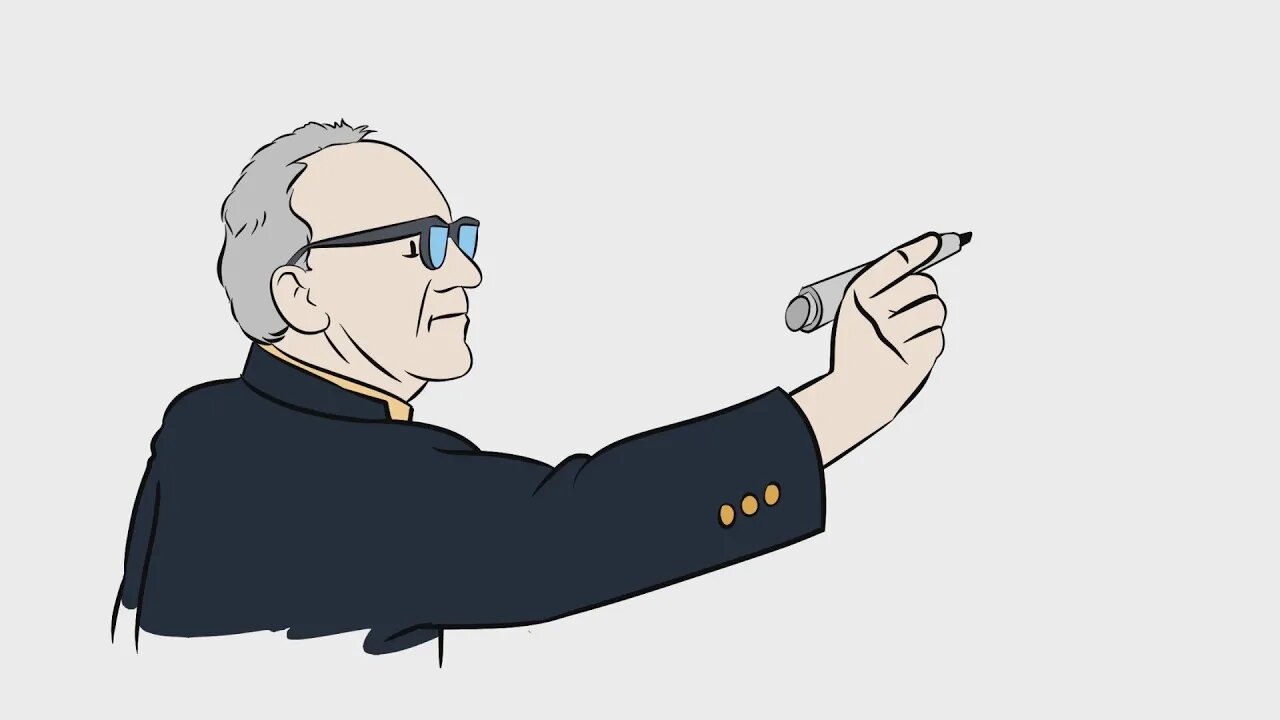
Why Study Money?
Few economic subjects are more tangled or more confused than money.
Debates abound over "tight money" versus "easy money," over the role of the Federal Reserve System and the Treasury, and over how to deal with a financial crisis.
Perhaps the confusion stems from humanity's propensity to study only immediate political and economic problems. If we immerse ourselves wholly in day-to-day affairs, amplified by political tribalism and the instant gratification of social media, we cease making fundamental distinctions or asking the really basic questions.
This is particularly true in our economy, where interrelations are so intricate that we must isolate a few important factors, analyze them, and then trace their operations in the complex world.
As always, it is the objective of a good economist to not simply analyze what is seen, but to compare it to alternative possible outcomes.
Of all the economic problems, money is possibly the most tangled, and perhaps where we most need perspective. Money, moreover, is the economic area most encrusted and entangled with centuries of government meddling. In fact, most that are considered "experts" never think of state control of money as interference in the free market; a free market in money is unthinkable to them.
The result has been a century of central bankers and financial elites increasing their power over society, decade after decade.
Historically, money was one of the first things controlled by government. Manipulating the currency was always one of the easiest ways to extract revenue from the public, allowing the state to spend and control far more than they could through taxation alone.
Generations of Americans have only known a global economy fueled by fiat money without any commodity backing.
This complete politicization of one of the most important tools in human society has directly resulted in devastation and human misery to a degree many cannot understand. As Congressman Ron Paul has noted, "It is no coincidence that the century of total war coincided with the century of central banking."
We will also see how many of the alleged failings of a capitalist economy raised by critics on both the left and right are not the result of markets, but of the socialization of money.
So, it is high time that we turn fundamental attention to the lifeblood of our economy—money.
Can money be organized under the freedom principle? Can we have a free market in money as well as in other goods and services? What would be the shape of such a market? And what are the effects of various governmental controls?
If we favor the free market in other directions, if we wish to eliminate government invasion of person and property, we have no more important task than to explore the ways and means of a free market in money.
________________________________________
This series was inspired by Murray Rothbard's classic introduction, What Has Government Done to Our Money?—available for free in PDF, ePub, HTML, and Audiobook at https://Mises.org/WHGD
To learn more about the operations of the Federal Reserve, check out Bob Murphy's book, Understanding Money Mechanics, available for free in PDF, ePub, and HTML at https://Mises.org/BobMoney
For more animated content, check out Economics for Beginners at https://BeginEconomics.org.
-
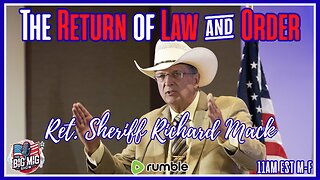 LIVE
LIVE
The Big Mig™
2 hours agoThe Return Of Law & Order w/ Sheriff Mack
5,024 watching -
 LIVE
LIVE
Major League Fishing
7 days agoLIVE! - Fishing Clash Team Series: Challenge Cup - Day 6
208 watching -
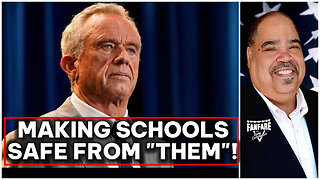 46:02
46:02
Barry Cunningham
16 hours agoWhat Are They Not Telling Us About These Drugs?
4.07K3 -
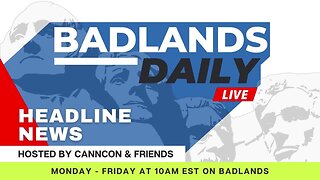 LIVE
LIVE
Badlands Media
9 hours agoBadlands Daily: August 29, 2025
3,513 watching -
 39:49
39:49
Randi Hipper
1 hour agoBITCOIN BULL MARKET ENDING EARLY? PRICE UPDATE
30 -
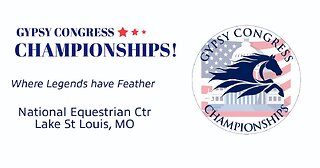 LIVE
LIVE
Total Horse Channel
3 hours ago2025 Gypsy Congress Championship Show | Friday
52 watching -
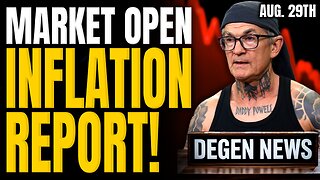
Matt Kohrs
9 hours agoMarket Open Chaos: PCE Inflation Report & Payday Friday || Live Trading
15K1 -
 17:35
17:35
itsSeanDaniel
1 hour agoPro-Transgender Doctor HUMILIATED by Genius Conservative
6.91K15 -
 LIVE
LIVE
GritsGG
2 hours agoWin Streaking! Most Wins 3499+ 🧠
33 watching -
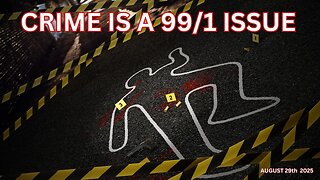 LIVE
LIVE
Wendy Bell Radio
6 hours agoCrime is a 99/1 Issue
7,148 watching